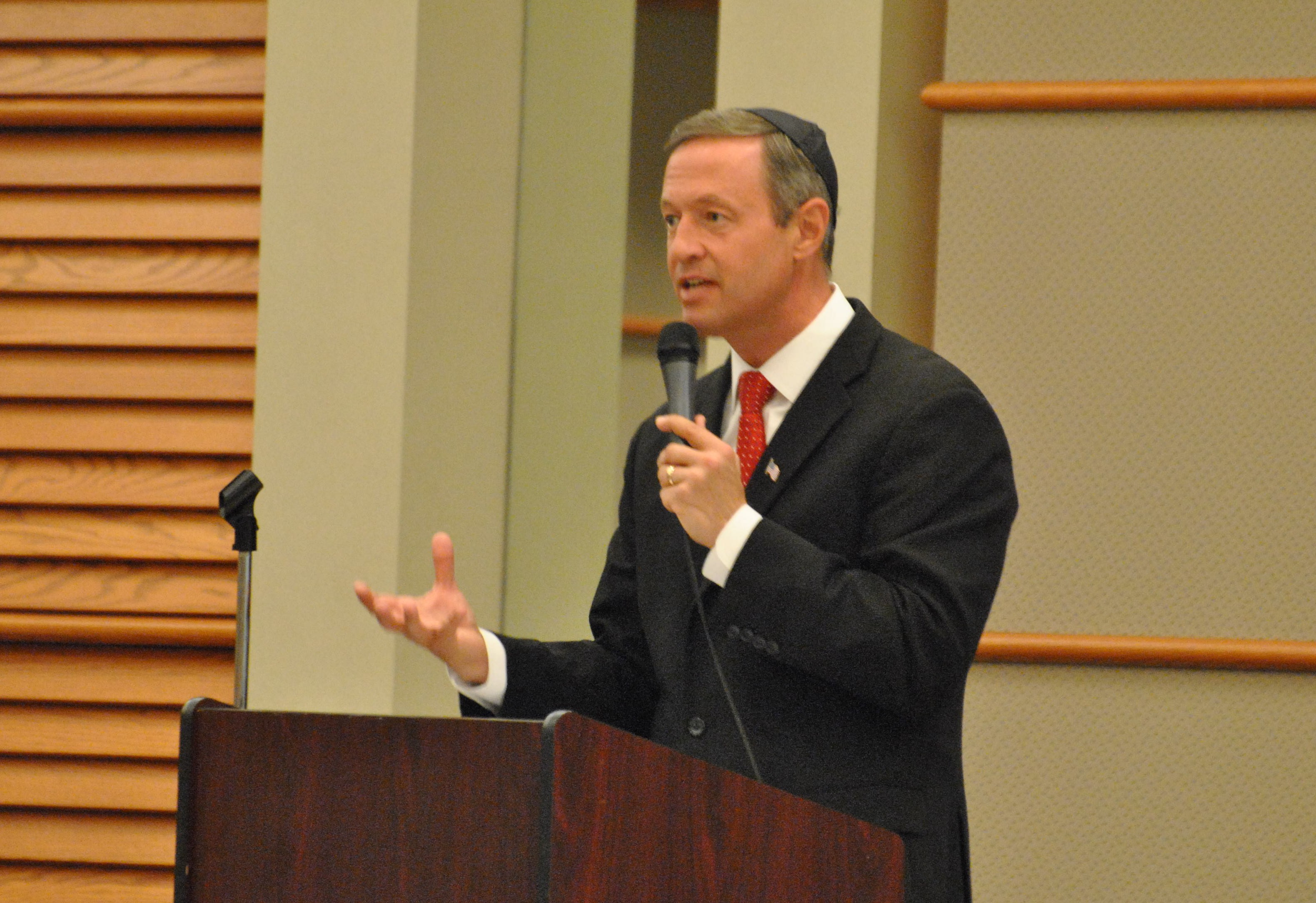Thursday’s Quinnipiac poll from Iowa showed that Bernie Sanders jumped ahead to take the lead in the state at 41 percent, one percent higher than Hillary Clinton’s 40 percent. Of course, early polls tend to favor idealist, anti-establishment candidates, and Hillary has not historically been popular in Iowa.
Yet these polls still hold weight as part of mounting evidence that Democrats would prefer any challenger, even one who calls himself a socialist, to a Clinton presidency. It is worth the time to look into each challenger and weigh his merits against Hillary.
As a challenger, Sanders is very attractive to liberals. Clinton has a reputation of being too conservative on fiscal issues compared to other Democrats. Part of the reason she isn’t doing well in Iowa is because that state is facing severe poverty.
According to a CNN report from Aug. 31, a whopping 28 percent of Iowa residents fall into the category of “low-income working families,” and child poverty is a serious issue. Clinton only has vague plans to alleviate poverty, whereas Sanders has outlined strong steps to help the working class, including consistent criticism of trade partnerships that move industrial jobs overseas and a proposal to more than double the national minimum wage.
But Sanders is unlikely to gain any measure of success in a general election as an unabashed socialist – he is simply too liberal. However, his attractiveness as a primary candidate stems from the fact that he will force Clinton to the left on important economic issues.
Clinton has nothing to gain from staying moderate even in the general election, because Republicans have already branded her as the liberal sweetheart who represents everything wrong with her party. If Sanders’s liberal presence forces Hillary to lose her moderate views, it will help her energize her base in the general election. Sanders is doing more of a service to Clinton than representing a real threat.
Martin O’Malley, on the other hand, is quite a serious candidate despite his lack of name recognition or popular knowledge of his stances. In 2008, Clinton was a frontrunner before a relatively obscure senator from Illinois caught up and stole the nomination.
A similar comparison can easily be drawn to Martin O’Malley. Although he has aggressively promoted himself as a candidate, establishment Democrats have not embraced him. Once he becomes more visible and people take time to listen to his perspective in debates, this will change.
In a December profile of O’Malley published in The Atlantic, he emerges as an ideal candidate. “In two terms as the governor of Maryland, he’s ushered in a sweeping liberal agenda that includes gay marriage, gun control, an end to the death penalty and in-state college tuition for undocumented immigrants,” wrote staff writer Molly Ball. “He’s trim and handsome; he plays in an Irish rock band; he even served as the basis for a character on ‘The Wire.’”
According to a New York Times article in August, O’Malley’s latest crusade as a candidate is his criticism of the Democratic National Committee for changing the debate protocols to benefit Clinton, as he claims. O’Malley is being especially attentive about these debates because he knows when massive audiences get a chance to see and hear him, people will start to take him seriously as a great candidate.
Any review of the Democratic challengers would be incomplete without mention of Joe Biden and Al Gore. Biden has been more vocal about his interest in running, but it may inflame party leaders who would prefer to focus on Clinton. Biden has also consistently stumbled over political gaffes. From getting a little too close to the Defense Secretary’s wife in February, to dropping the f-bomb at the presidential signing of the Affordable Care Act, to referring to himself as a “white boy” at a meeting with black clergy, Biden has proved to be undisciplined. As a candidate, this could be either a burden or a boon, given the enthusiasm for politically incorrect candidates like Trump.
Gore has shown the least interest in running, but many would love to see him run. The story of a man cheated out of the presidency in 2000, but who brushed it off to do arguably his most important work as an advocate for environmentalism, makes him very attractive to liberals. He has the experience, record and beliefs to position him for a strong candidacy – if he would decide to run.
I’m waiting for more campaigning and debating to pan out before I decide who I’m supporting. Hillary may seem like an inevitability, but I will definitely be considering these alternatives up until Election Day.
Annie Cappetta is a sophomore majoring in political science.
Featured image courtesy Flickr user Edward Kimmel






